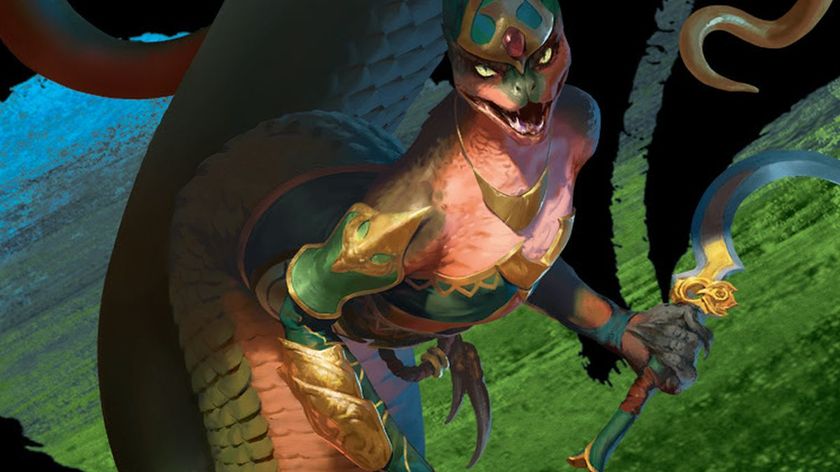
The inevitable has happened. Today Bethesda announced that The Elder Scrolls Online will be dropping the subs model in favour of an "ESO plus" system that seemingly lets you pick and choose bits of new content you want to pay for. Bar a few key holdouts like World of Warcraft, Final Fantasy XIV, Wildstar and Eve Online, the monthly payment model has fallen our of favour. Is the subscription MMO finally dead?
Chris Thursten
Yes. It died last year, I’d argue, but its death stretches back a lot further than that. The notion of the themepark MMO fundamentally devalued the monthly fee. When I started playing Ultima Online, the subscription was a big ask—particularly as a teenager with a limited amount to spend—but, equally, a signifier of the game’s unique promise. You had to pay a monthly fee because the notion of a persistent world was so audacious that it required a full-time team of developers to maintain it.
Steadily, that maintenance job has become less demanding. Always-on servers are no longer the staggering feat of human ingenuity that they once seemed to be. Repeatable content in an unchanging world is the assumed norm. The job of MMO worldcraft got simpler, in some ways, and the subscription rapidly became an anachronism. Guild Wars figured this out in 2005. It was a lucrative anachronism, however, and as such it has survived almost a decade since.
As the number of people willing to shell out every month wane, I suspect we’ll see the number of extant subscription MMOs dwindle until only World of Warcraft is left. Even then, I don’t think Blizzard will ever return to the model. Look at how grasping Heroes of the Storm’s payment structure is—a monthly £8.99 is no longer the goal. If they can get you to pay more than that, more regularly, they will.
It likely goes further than the subscription fee. I suspect that the MMO itself is facing a long sabbatical. They’re expensive to make, difficult to run, and there hasn’t been a sustainable success in the genre for years. I think a break could be a good thing. I want to see new MMOs, with bigger ideas—stuff like Elite and Star Citizen is a good start. That old dream of a persistent world is still largely unrealised, and it’s still something I’d pay a monthly fee for.
Tom Senior
The biggest gaming news, reviews and hardware deals
Keep up to date with the most important stories and the best deals, as picked by the PC Gamer team.
I wonder about the millions companies have been invested chasing World of Warcraft's success. The subscription MMO used to be the golden goose you might bet a company on but for the last few years the free-to-play shift has become an inevitable landmark in a new MMO's life cycle (though you'll still have to buy the original game, so TESO isn't quite free-to-play yet). A modern player paying ten dollars a month expects more than server uptime. We want more features, zones, dungeons. It's a demand most companies aren't prepared to meet.
But is the death of the subscription fee bad for online games? I wonder, because alternative convoluted micropayment systems can wreck a game. Take The Old Republic, which filled the non-subbing player experience with manufactured inconveniences with the clear hope that players would cave and pay a sub out of frustration. The restrictions have softened a little since ToR's initial F2P incarnation, but even today it's extremely difficult to assess what precisely you'll get for your money. You have to go to Reddit, where users have laid it out in a useful but alarming monetization grid.

Nobody wants this. I mean, look at it. There are so many game vying for our attention that the moment I'm confronted with something like the above, I'm gone. I'm off to space in Elite: Dangerous, or I'm going back to Guild Wars 2, games that I trust to charge me only for frivolous details like paint jobs and prettier armour. I hope I'm not alone. The only way that kind of design disappears if it stops making lots of money. We'll have to wait until March to see precisely how TESO's new approach will work.
Samuel Roberts
It’s interesting that Final Fantasy XIV: A Realm Reborn has been cited as a significant success by Square Enix when the likes of WildStar have struggled. That game seems to speak so specifically to that audience in its fanservice-laden art direction and soundtrack choices, which is the smart approach for a series with that much history, and as such it’s managed to weather a complete reboot. If FFXIV can succeed with its current subscription model after tanking so heavily in its original form, it can’t be beyond other MMOs to do the same.
Phil Savage
Is the subscription MMO dead? I don't think anyone was kidding themselves it was alive. Did a Bethesda executive sit bolt upright one night and realise that a terrible mistake had been made? Doubtful. More likely is that MMOs are made with an exit strategy in mind; a plan to front-load a game's post-release profits before transitioning to a funding model that can sustain it long-term. Maybe that's a cynical view, but the alternative is that MMO developers really think their subscription plan will be the one that makes it.
Just from an update standpoint, the subscription model is hard to sustain. If maintenance is no longer a good justification for a monthly payment, then developers need to produce regular and meaningful new content. That's hard to do: of last year's MMO hopefuls, Wildstar is struggling, and TESO—well, that's why we're writing this. And to be clear, it's only new MMOs that need to do this. World of Warcraft's subscription isn't going anywhere, and yet its among the worst MMOs for new content. Its monthly fee exists more out of habit than out of value to its subscribers.
Given all that, it's natural that the audience is going to be suspicious of a subscription. If an MMO is almost certainly going free-to-play, then why would people buy it when there's still a monthly fee? It becomes a self-fulfilling prophecy. The first year of an MMOs life is filled with people wanting it to fail, purely so they can play it. That's an absurd scenario, and why developers should stop stringing up the subscription's corpse and trying to make it dance.
PC Gamer is the global authority on PC games—starting in 1993 with the magazine, and then in 2010 with this website you're currently reading. We have writers across the US, Canada, UK and Australia, who you can read about here.

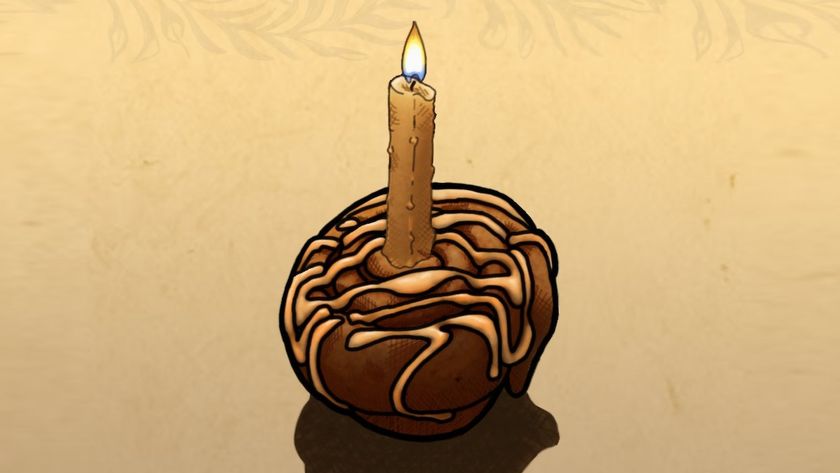
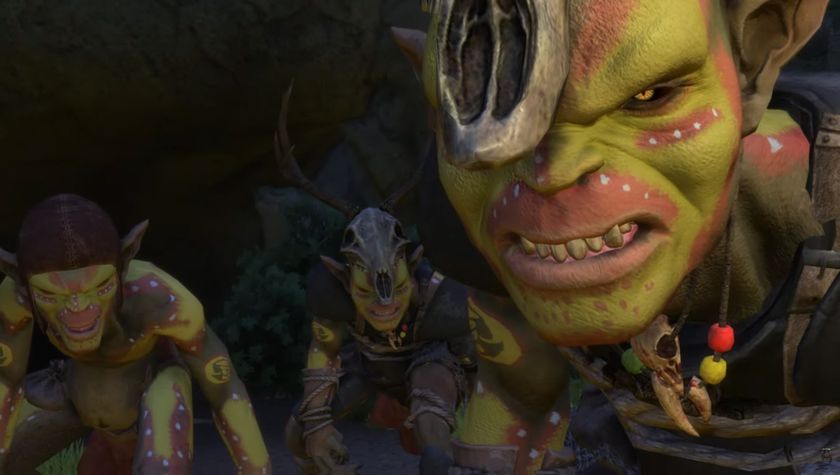
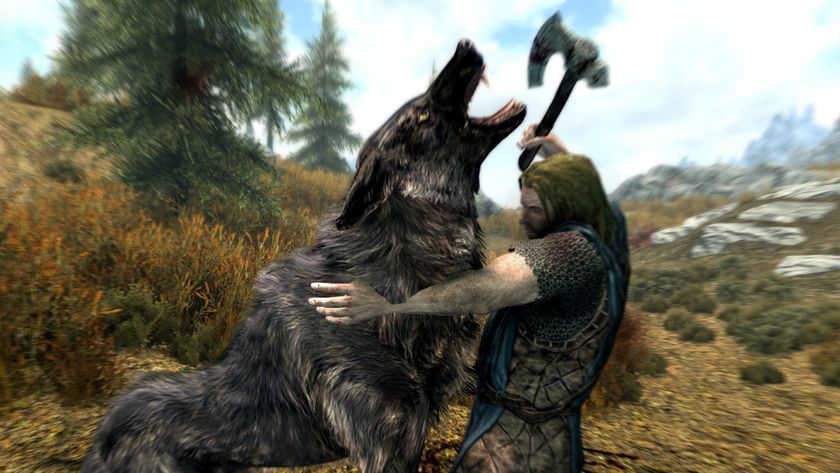

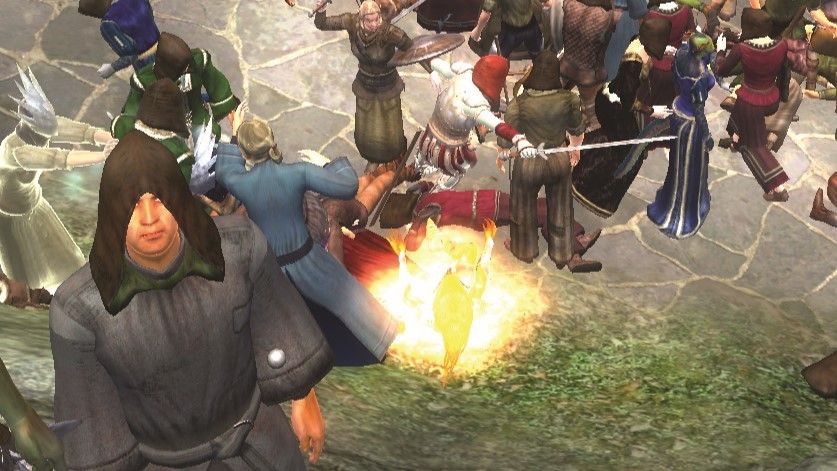


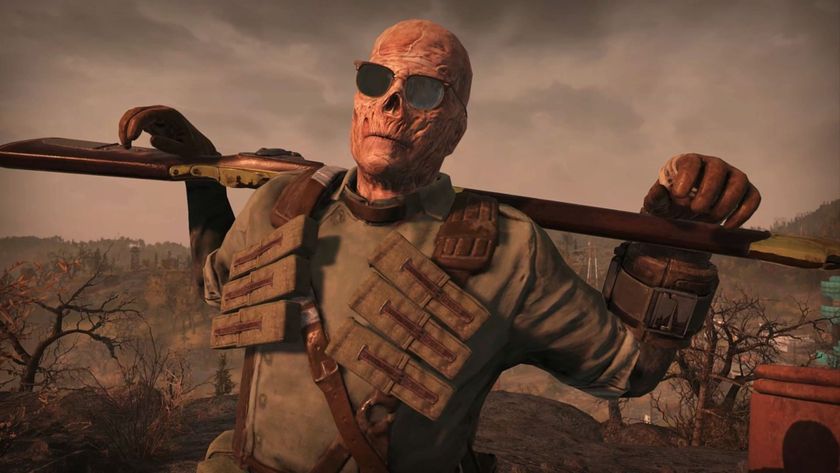




Skyrim realism mod fixes your vampire girlfriend, giving her a voice and look more suited to someone who just got out of a coffin after 2,000 years

Bethesda marks Oblivion's 19th with a sweetroll, a candle, and absolutely no happy birthday gift for fans eager for the still-unannounced remaster



